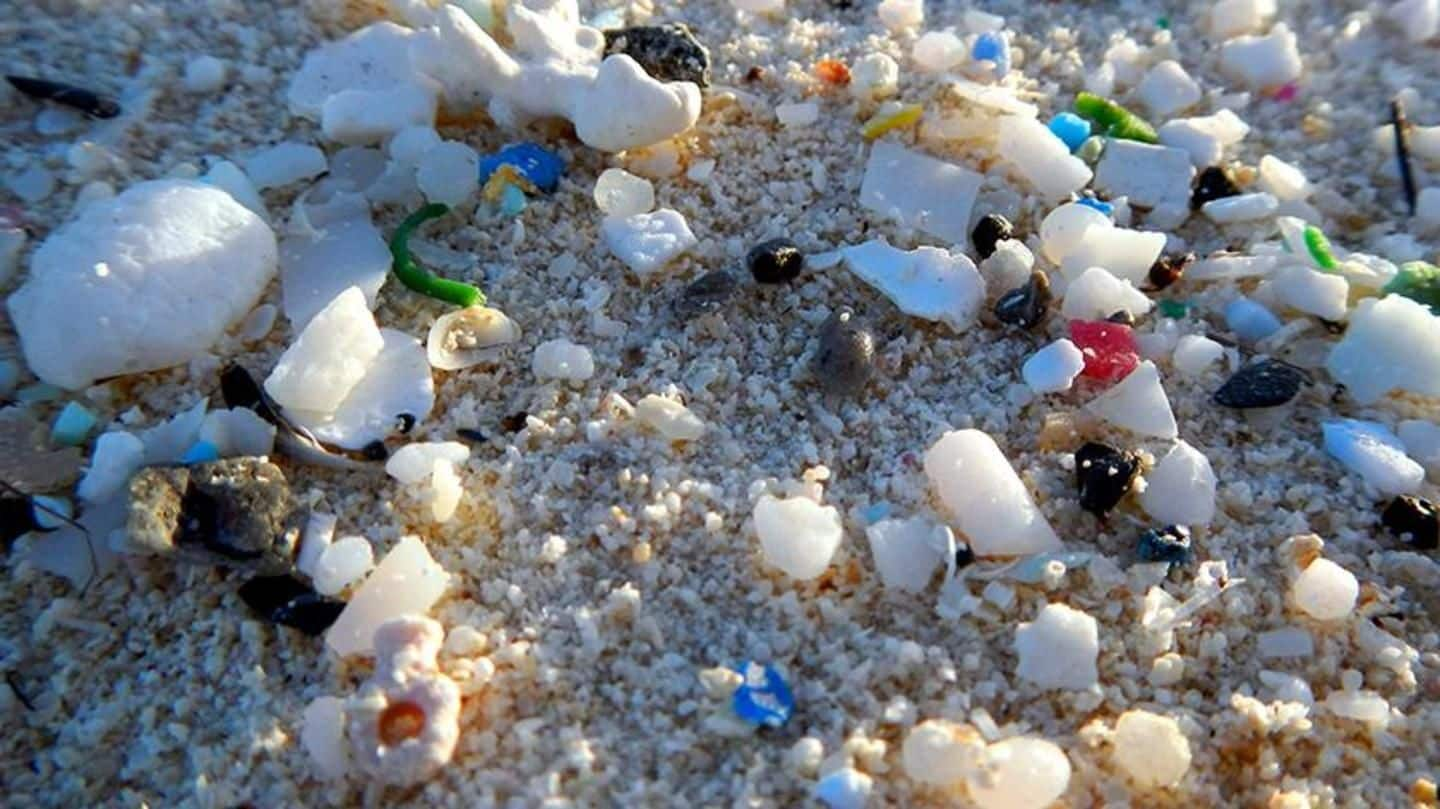
More micro-plastics on Maharashtra, Karnataka beaches than Goa, reveals study
What's the story
Maharashtra and Karnataka beaches contain more micro-plastics than Goa, revealed a study conducted by Goa-based National Institute of Oceanography (NIO). The research claimed that the scientists have found a high abundance of micro-plastics like films, fibers, fragments, and pellets, on the beaches of Maharashtra and Karnataka. "However, comparatively fewer micro-plastic pellets were found along the coast of Goa," the NIO scientists said. Here more.
Definition
What are micro-plastics?
The micro-plastics are extremely small pieces (less than 5 mm) of plastic debris in the environment, resulting from the disposal and breakdown of consumer products and industrial waste. They can be harmful to our ocean and aquatic life.
Types of pollutants
There were 5,095 kinds of plastic pollutants
NIO's senior scientist Mahua Saha, who led the research said, "We conducted a comprehensive study on the identification and eco-toxicological impact of micro-plastics in the coastal Arabian Sea." "During research we observed that there were 5,095 pieces of plastic pollutants in total, ranging from 3 to 100 mm in size on 10 beaches along the west coast of India during 2016-17," he added.
Unidentified polymers
Micro-plastics made up of some unidentified polymers
The research paper said, "The micro-plastic pellets of variable colors were abundant on all the beaches of Maharashtra while a moderate amount were observed along the Karnataka coast and the lowest abundance was found along the coast of Goa." The researchers said these micro-plastic pellets were made of polyethylene and polypropylene and a few of them were unidentified polymers.
Toxic chemicals
Micro-plastics act as toxic chemicals for marine organisms
"Due to the long residence time of micro-plastics in sea water and on beaches, especially in polluted marine environments, they tend to adsorb various pollutants and may act as vector transferring toxic-chemicals from the environment to marine organisms," the paper said. Researchers claimed these findings may enhance the understanding of the deleterious impact of micro-plastics and associated persistent organic pollutants (POPs) on the marine-ecosystem.